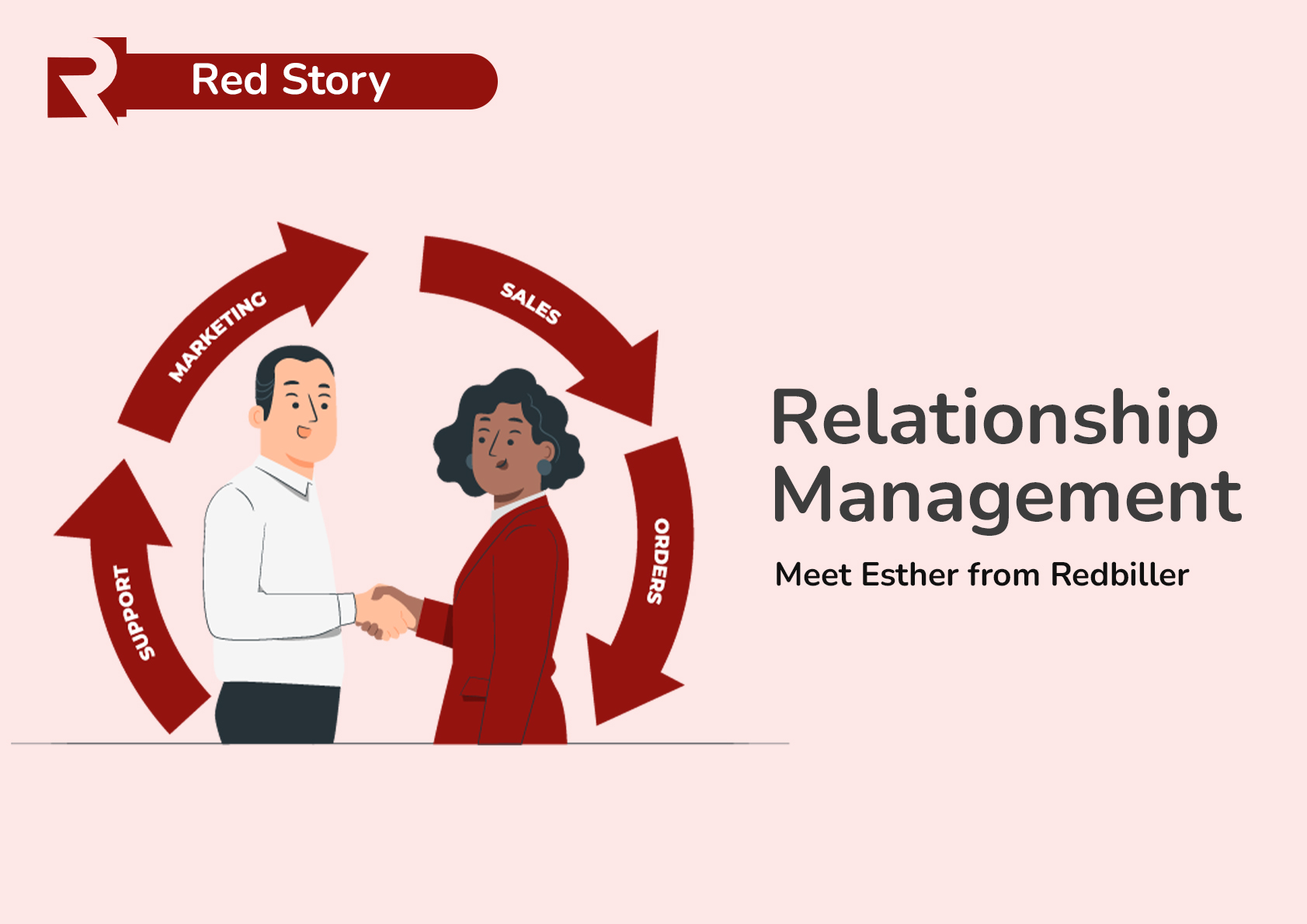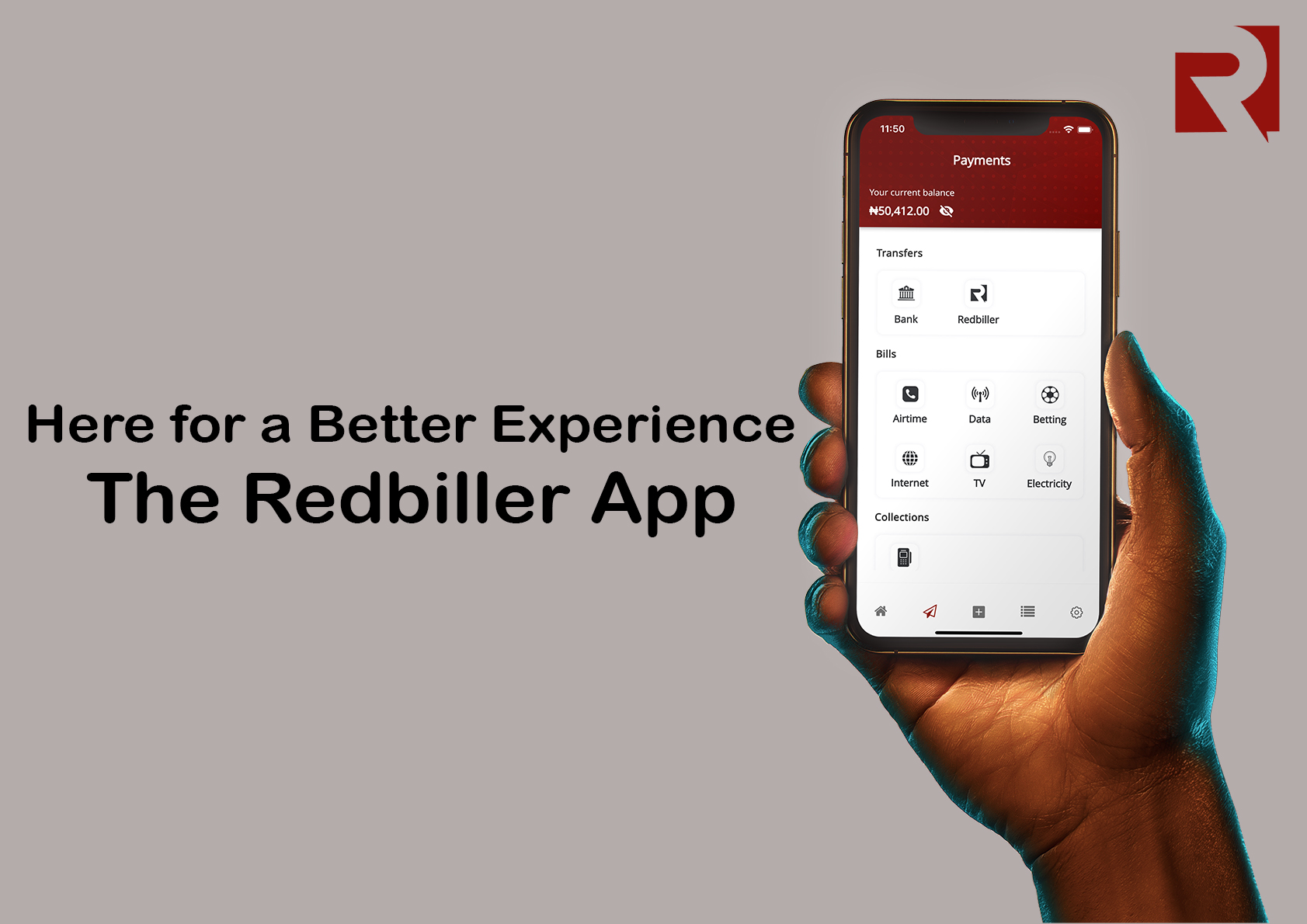As a business, every day, people share data with you. When they visit and explore your site, they leave digital footprints that can be traced back to them with you. When computed and analysed, this data can provide specific information about the client.
With each degree of data, customers have to share, they get extra careful and can begin to ask questions about how their data is used. This is due to the amount of exposure it can give them.
For instance, if you require just the first name of customers, they might not worry, but when you ask for their full name, date and place of birth, account details, and next of kin, they want to understand why you need that data and what will happen to it. Of course, no one wants such info about them flying around. It could compromise their account and physical security. Even when there is no threat, some people are private and don't want such details about them flying around.
But I Don't Need Personal Info
While you may not need customer data for your service delivery, their contact information is something you must have for marketing and follow-up purposes. Some sites require visitors to give their contact info even if they don't sign up or make a purchase. Why? To follow up with them. Customer acquisition to loyalty is a process greatly enhanced by customers' contact database.
With the growing number of fraud cases and identity theft online, people have learnt to be extra careful giving out their personal info. So you must provide an explanation for their data when requesting it. This explanation is what is called a Privacy policy.
What is a Privacy Policy?
A Privacy policy is a legal document detailing how an organisation collects, uses, stores, transmits, and shares data collected from customers/users.
A standard Privacy policy highlights everything you intend to do with customers' data, and how it is stored and transmitted. If you share with a 3rd party, you must state it. It should cover any area of exposure for your business and be in accordance with obtainable laws in your areas of operations.
Customer rights are protected under privacy laws, which means you cannot simply lie to customers to get their data and do it as you like. And all users must agree to your privacy policy, terms and conditions. Otherwise, you are going to be paying a lot in damages.
Finally...
Privacy laws differ from country to country. Sometimes states and provinces. If you are operational in different countries, states or provinces, have a Privacy policy specific to users from each place.
I hope you found this helpful. Now go and make those adjustments to your Privacy policy.



